Chef's Talk
Chef Eugenio Cannoni
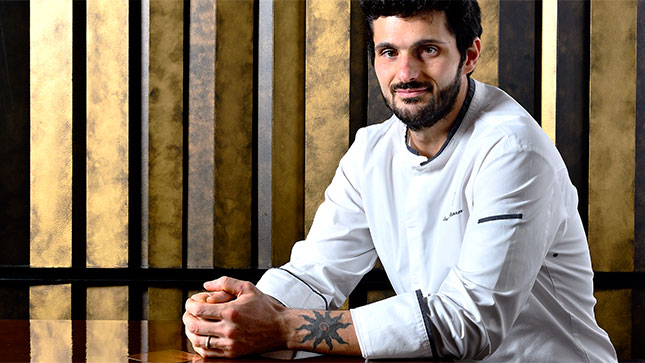
Chef Eugenio Cannoni was born in the heart of Monferrato from the northern Italian region of Piedmont. His grandmother, of Apulian origins, cultivated in him a passion for cooking and crafting dishes with love and care.
His career began in the family restaurant, but with a strong desire to enhance his knowledge he enrolle at one of Italy’s best cooking schools, Alma di Gualtiero Marchesi, which successfully launched him into the world of “haute cuisine”. From there begun a path of research and enrichment by touring different kitchens in Europe and around the world, also becoming the Chef of a starred restaurant and dedicating himself to collaborations and as a consultant.
Eugenio’s personal Cooking Philosophy is to leave the products and raw materials as intact as possible, treating them with the most innovative techniques available, maintaining traditional taste revisited with a contemporary perspective — very simple, definite, and direct flavors, refined in the preparations with a particular imprint derived from his memories, professional experiences, and gastronomic journeys.
Was your decision to become a chef conscious or did you fall into it?
Absolutely a conscious choice: the passion of food tasting and cooking has always been part of my life.
What are some emerging food trends that you’re noticing?
The new trend of gastronomic restaurants is to strive towards eco-sustainability and a lower use of animal proteins by researching vegetarian and vegan menus. I would like to slowly carry on my idea of cooking following eco-sustainability as much as possible.
What’s an emerging ingredient that you’re using a lot of these days?
More than ingredients, I’d like to talk about technique: I try to process food as much as I can without waste, and use every part of the food in my dishes in different textures and preparations. In particular, I currently am working on the concentration of flavours on vegetables.
What would you cook at home if you were just making a laid-back dinner?
Usually I make gnocchi with pesto because it relaxes me and I enjoy making them with my wife and my little son.
What’s the difference between running a restaurant in Italy and running one in Bangkok?
I didn’t find any particular differences since La Scala is an Italian restaurant. I was also lucky with my team, as they are all young and motivated. Many times, they fill the gaps due to the difference in cuisine with the passion and the desire to improve. It also seems to me that the approach to work here in Thailand is more humane.
Do you source as much local produce as possible for each restaurant and does this have a big impact on the menu?
Being an Italian restaurant, I want to serve high quality products of Italian origin but I’m very interested in local produce too, especially vegetables and fruits, and I wish to continue my research on local organic products.
How is people’s relationship with food different in South East Asia?
The biggest difference I find is in the succession and alternation of the courses, because in Asia they are used to having several courses on the table to share while in Europe the succession of courses also determines the balance and the success of a gastronomic menu.
Is there one dish that sums up your style?
Scampo is the dish that represents me more, because in just two bites there are more than eight techniques between preparation and cooking taken from only two elements – red bell pepper and scampi.
Will any of the dishes you discovered recently be making their way onto your menus?
Although the menu has just come out, I’m down thinking about some new dishes to be included in the next menu that will be released in mid-November, I can’t say more …
Do you try out dishes on your family or friends?
Usually not, as I need specialized equipment to create the dishes, and I like to compare myself with my colleagues and collaborators both in the dining room and in the kitchen.
What do you think the most important qualities are in a young chef?
The dedication to sacrifice is the most important thing, as this job requires a lot of time and willpower.
What do you think about chefs like Gordon Ramsay, who have taken haute cuisine to the masses via reality TV?
Just like anything there are positive and negative aspects, the positive is that he has given importance to a profession that previously was only about service and at the same time created new horizons for us cooks. The negative is that the young people who want undertake this profession, sometimes they have certain ideas of being a chef without taking into account all the sacrifices necessary to achieve success in this profession.
What’s the one cooking tool that a Chef should not be without?
I never work without my personal knives, although I think the hottest tool is the sieve to make anything smooth and silky.
What are your dreams or ambitions?
My dream is to achieve the Michelin Star one day, but I know that the way to the top is long. However I can say for sure that the desire to improve will never end.
Chef’s Talk – World’s Top Chefs Talk to TOP25 Restaurants here…
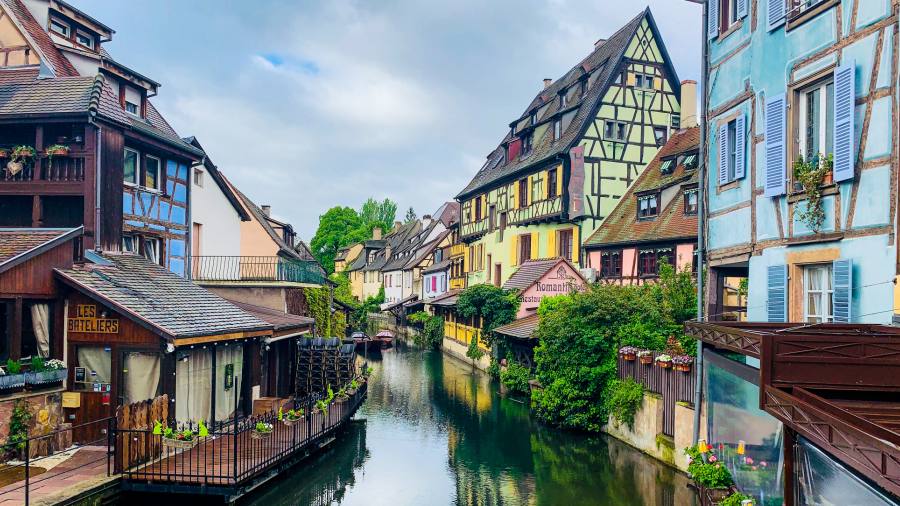
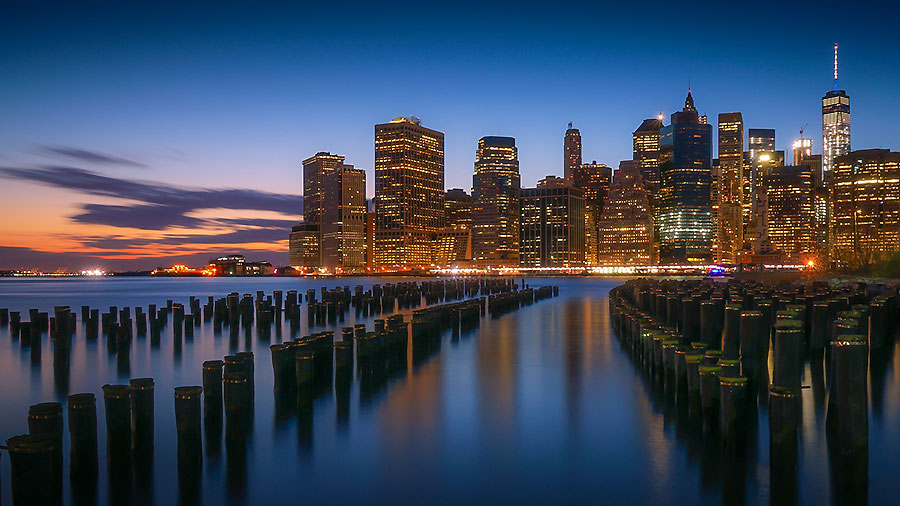
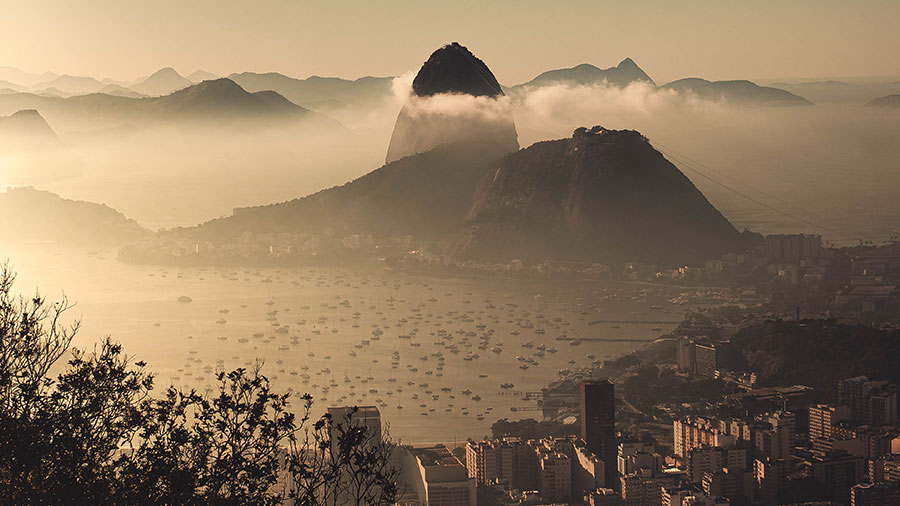
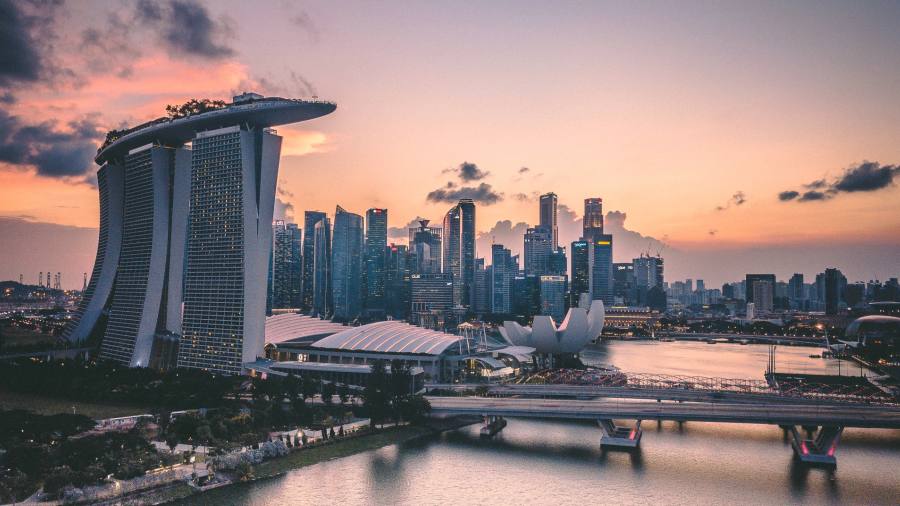
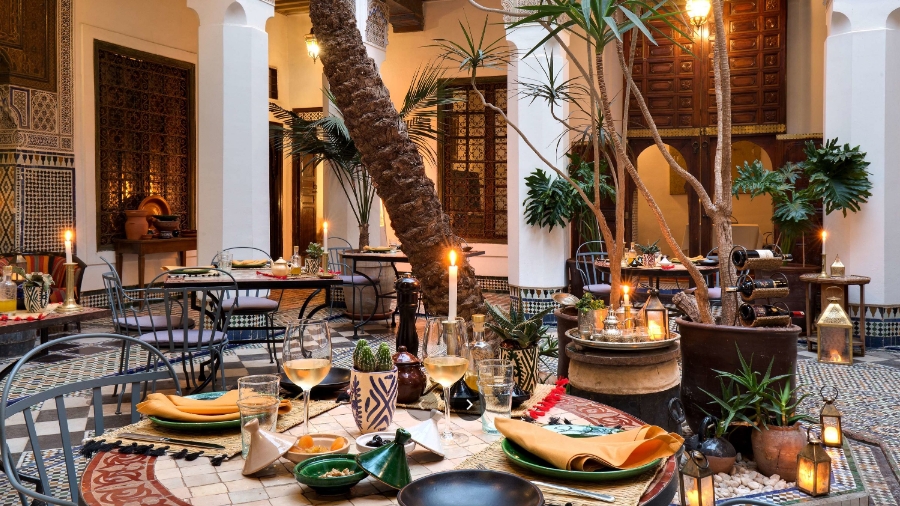



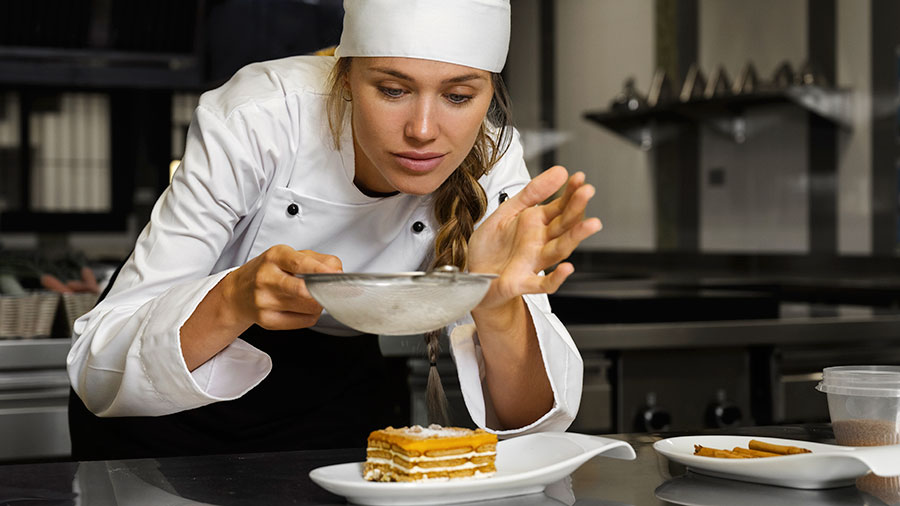
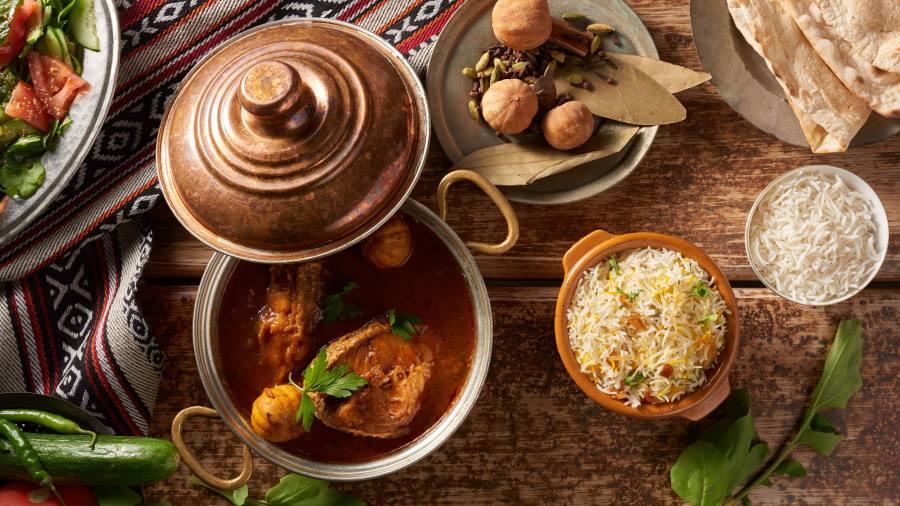
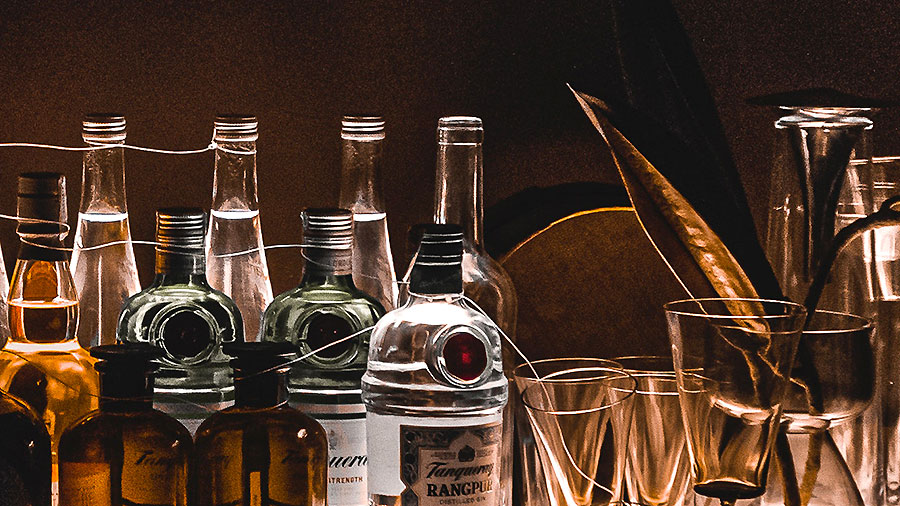
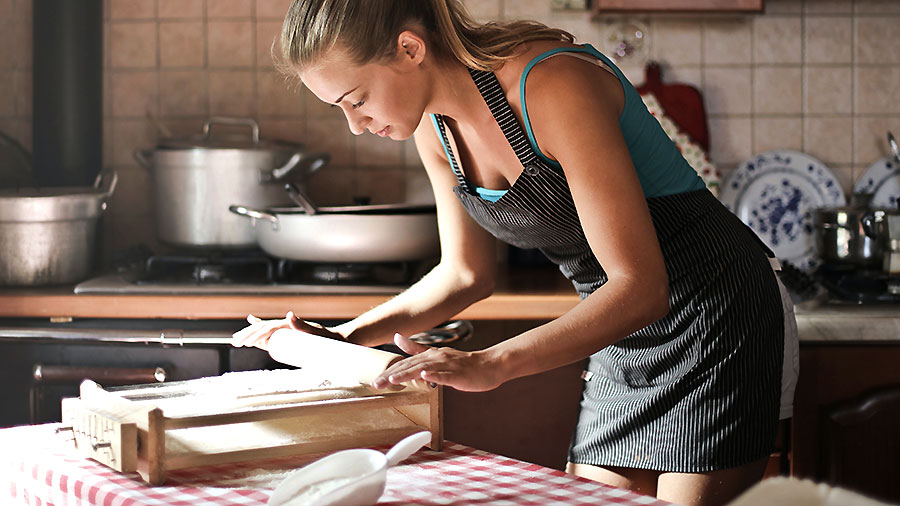
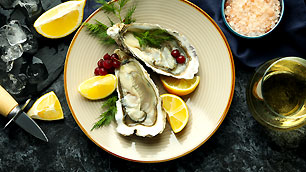 Must Try Foods
Must Try Foods
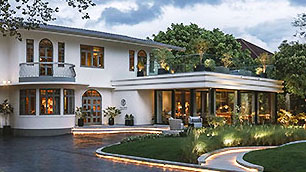 World's Newest Restaurants
World's Newest Restaurants